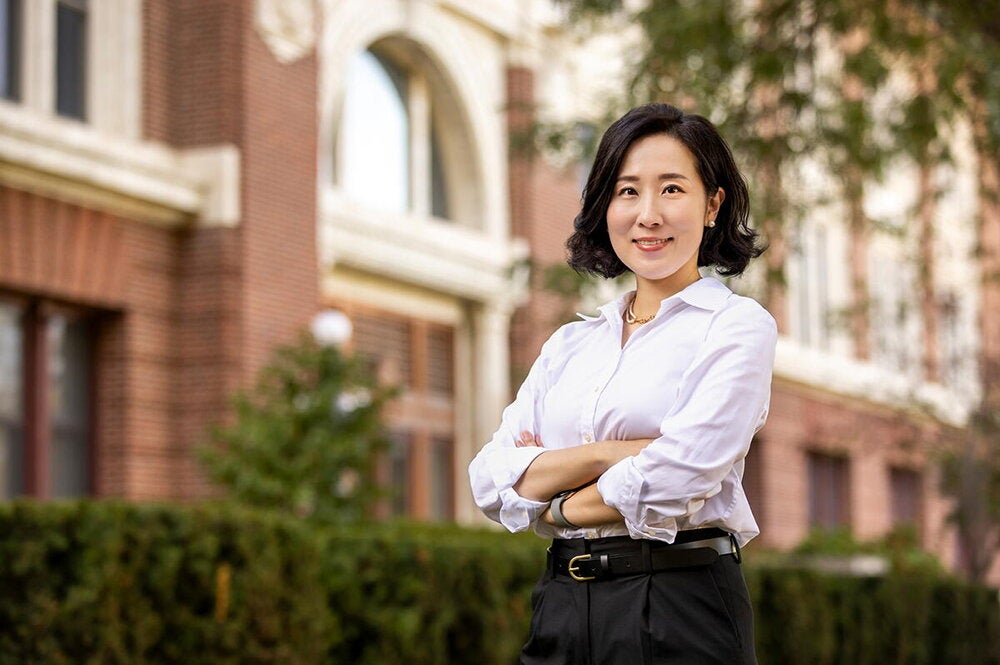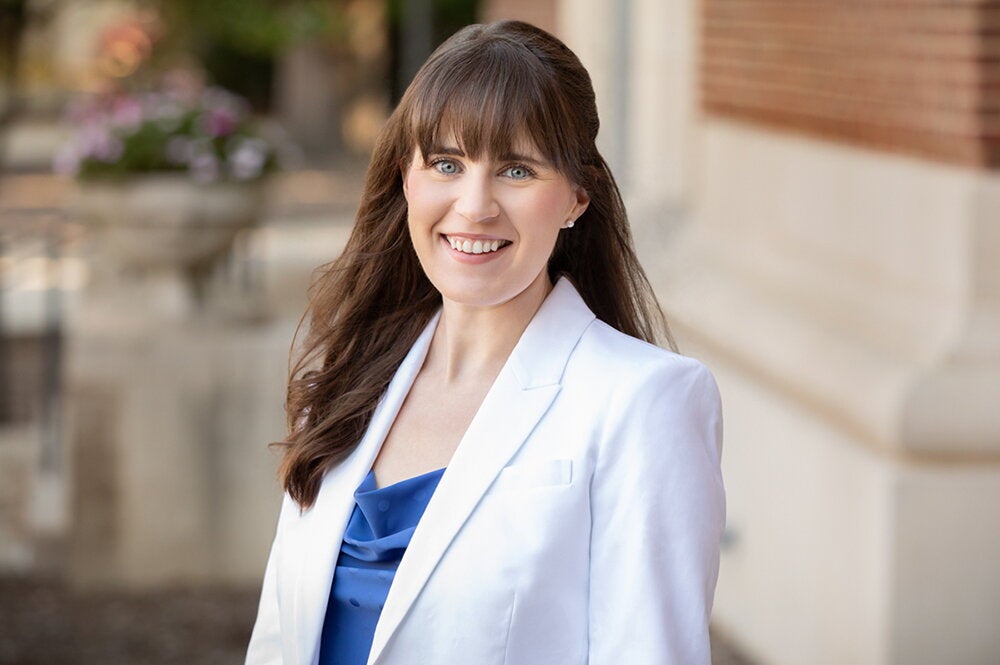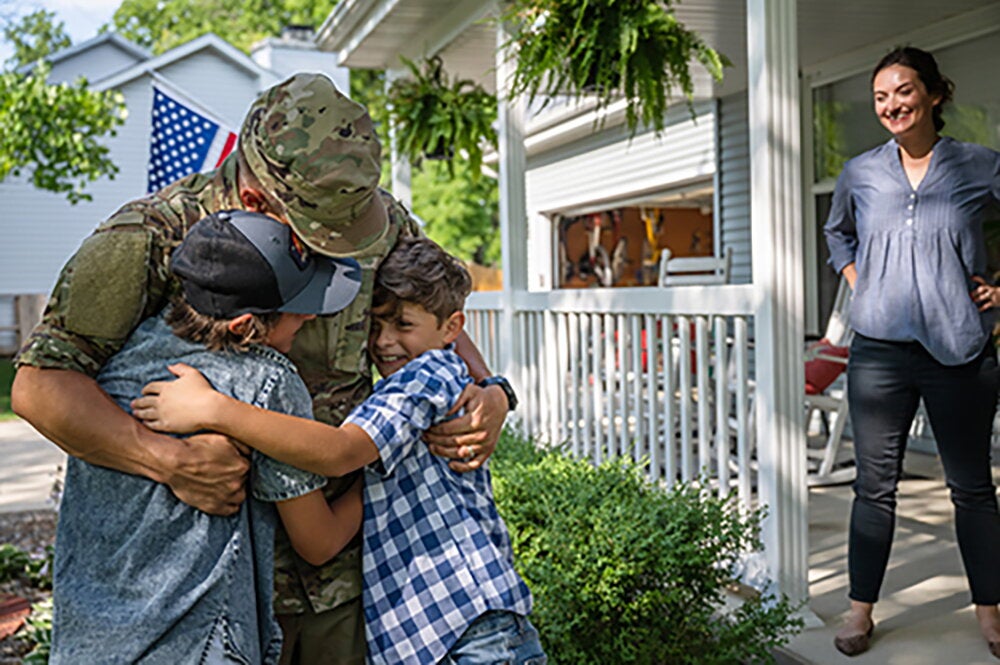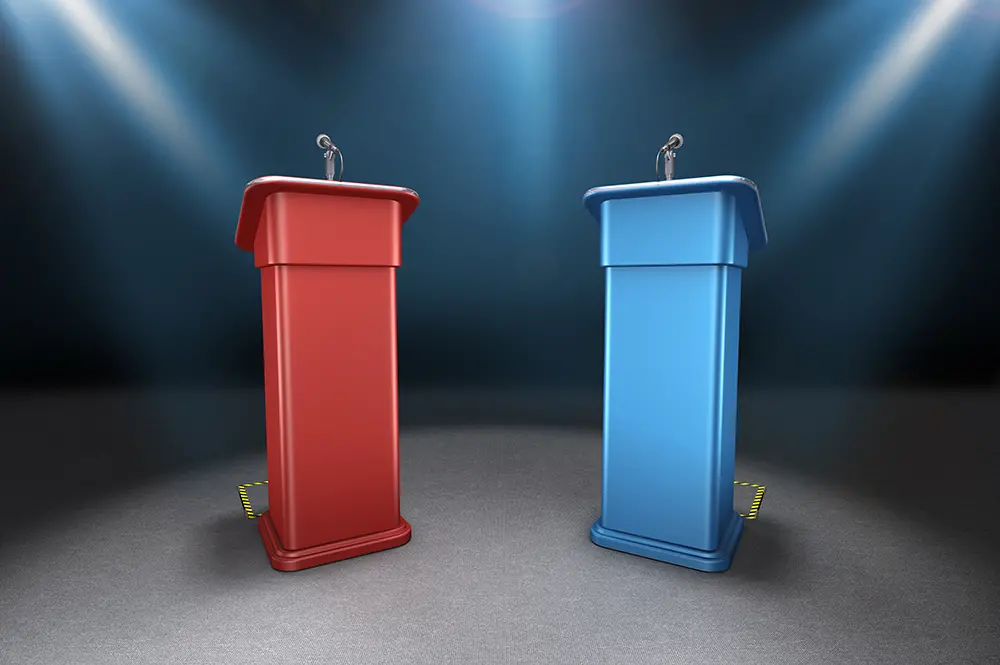
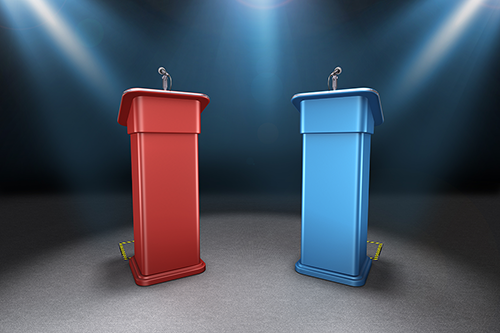
Let’s rewrite a little bit of recent history. Let’s pretend that the first presidential debate on September 29 was a picture of civil discourse, and that President Donald Trump never fell ill with COVID-19 and that the second debate went on as planned. In this alternate reality, would the presidential debates have made a difference on Election Day? Probably not, said two professors who study American politics.
“I think by large and large, most voters have decided who they are going to vote for in this election because these are not new candidates to the scene,” said Emily Van Duyn, professor of communication who studies how people communicate about politics. “Donald Trump has been the president for four years and Joe Biden has been a politician for several decades and the nominee for a while. In addition, people now tend to vote by party line more than they have before.”
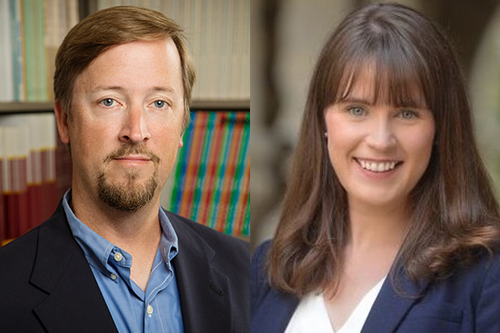
The loss of one debate, she said, particularly one that had the potential to be chaotic and harmful to the public’s view of politics and electoral process, likely did little to affect how people voted on November 3.
Tom Rudolph, head of the Department of Political Science who studies public opinion, political behavior, and political psychology, said that people usually aren’t swayed by debates to switch candidate allegiances.
“Very few supporters of one candidate upon watching will suddenly decide they are going to vote for the other candidates,” he said. “(The people whose votes are affected by debates are) usually people who are more undecided to begin with.”
Undecided voters, the professors noted, are looking to see not only which of the candidates’ views align with their own, but their distinctive traits and personality. Debates are highly effective at this. The first presidential debate took place on September 26, 1960, when 70 million Americans tuned in on television to witness Vice President Richard Nixon and U.S. Senator John F. Kennedy vie for the presidency.
This debate, Van Duyn said, showcased how visual portrayals of a candidate can make a difference in how the candidate is received by the public. Nixon neglected to follow some basic tenets of television, including his refusal to wear makeup, and he notoriously looked pale and ill compared to Kennedy, who wore makeup that helped counter the bright lights. A slight deficit in the polls turned into a slight lead for Kennedy, who went on to win the election.
“Debates help to construct what scholars call a candidate’s ‘persona,’” Van Duyn said. “That is, some composite of their experience, energy, honesty, and fairness. The public, and especially undecided voters, watch debates not only to hear what a candidate has to say about the issues, but also to gauge their overall persona and whether or not that persona fits with their own values or experience.”
Van Duyn said debates can be essential for political learning, where viewers learn about the election and American politics, but there’s not enough evidence indicates that people learn a lot from debates, a question that has become “especially complicated” with so-called second-screening, a phenomenon that involves viewing a debate while engaging on social media. This practice, she said has been connected to more political participation online, such as online campaign donations, petition signings, etc.
“Beyond this, there’s no strong evidence that viewing presidential debates leads to greater turnout or electoral participation,” she said.
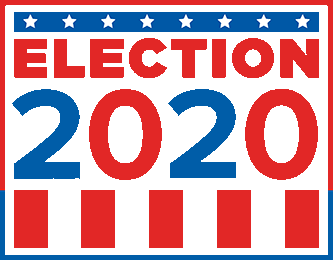 The presidential debate on Oct. 22 implemented a new procedure where microphones were muted at times to prevent interruptions. Van Duyn said the tone and turbulence of the first presidential debate necessitated the change.
The presidential debate on Oct. 22 implemented a new procedure where microphones were muted at times to prevent interruptions. Van Duyn said the tone and turbulence of the first presidential debate necessitated the change.
“I think there are no drawbacks to holding the candidates accountable to the rules, especially if this enforcement can keep the conversation productive and keep viewers engaged, rather than turned off, from the electoral process,” she said.
Rudolph cautioned that muted microphones could place too much power in the hands of the debate moderator.
“One could argue that people are tuning in to listen to what the candidates have to say to each other,” he said. “It's also not clear whether [muting the microphones] will actually work or not. The closer they are, you can probably still hear the candidate who's talking over the other.”
For more stories about politics and politics-related issues, visit the Politics and LAS page.
